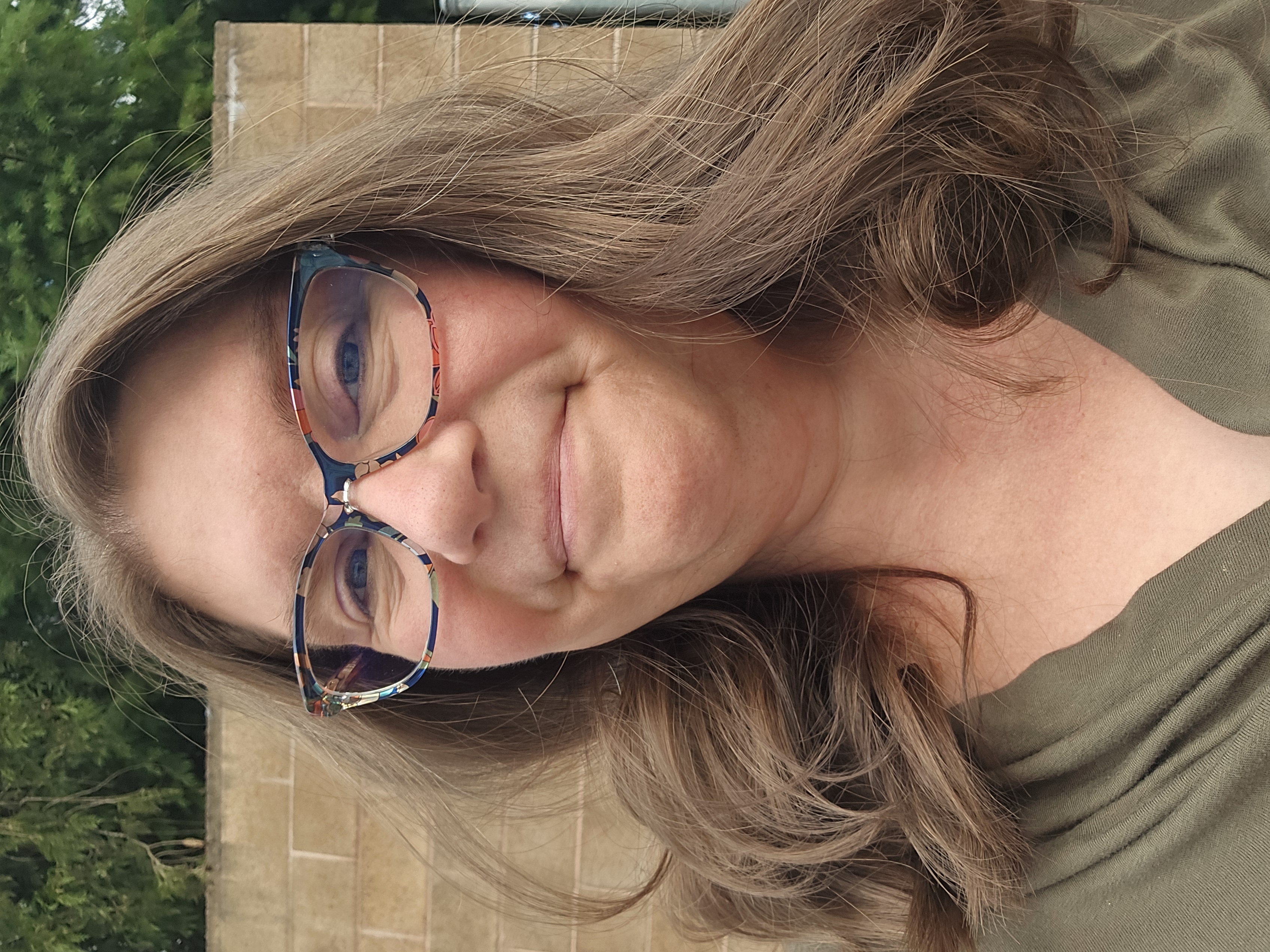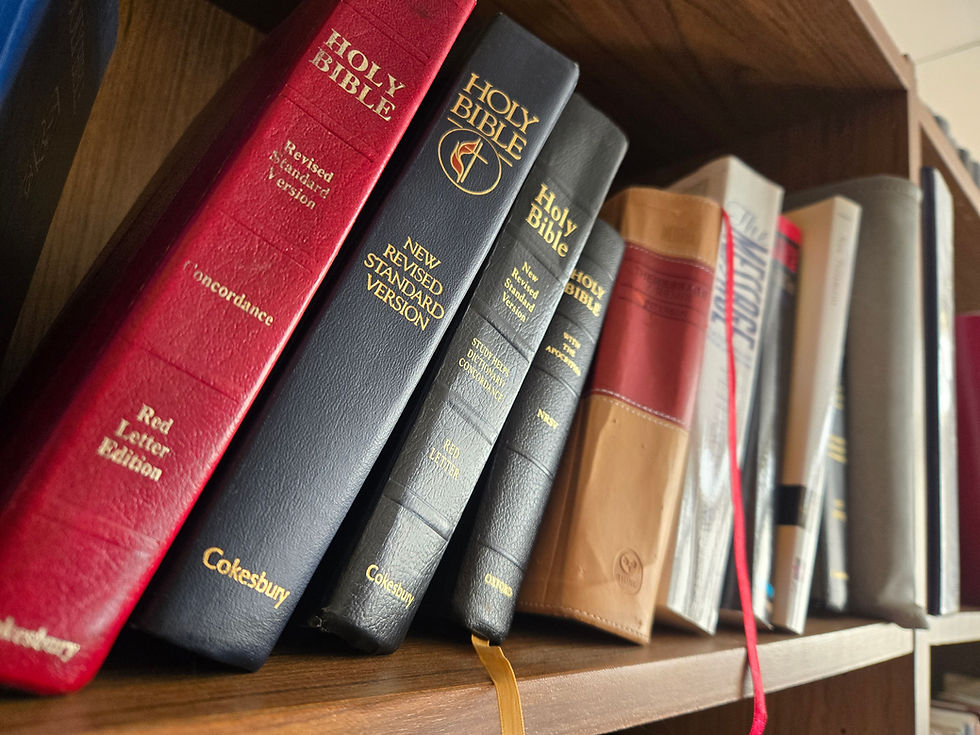Opposite of Opposite
- Laura Beville

- Feb 7, 2022
- 2 min read
Say what you mean and mean what you say

One of my kids delights in saying what they call the "opposite of opposite." Usually, it goes something like this, "Will you please do the dishes?"
"No."
Then they do the dishes. For them, it gives them agency and an opportunity to say what they really mean (that they don't want to do the thing) but then really do the thing we are asking of them. This sometimes evolves into just being plain contrary - disagreeing about everything rather than doing what we would like them to do. Sometimes it's endearing. Mostly it isn't.
Let's face it: we are human. Sometimes harm is done when we don't say what we mean. Words can hurt deeply when we say the "opposite of opposite." We cause harm (especially in churches) without even trying. The things we say to one another can elicit guilt, humiliation, shame, blame, coercion, or threats. Sometimes they are passive-aggressive and under the surface, and sometimes we try to tell others how they feel or should respond to a situation. We skulk, offer backhanded compliments, vote with our feet (by not attending), or refuse to communicate with the person we have a problem with, in an effort to "be nice."
So how do we change these patterns of behaviors? In worship the last few weeks we have been talking about being the body of Christ. And yet wounds and injuries can open rifts in our community. What are we to do then, to make reparations either individually or as a group?
At one of my churches, we have been doing some discernment by following Parker Palmer's "Circle of Trust Touchstones." There are 11 touchstones. My favorites (or perhaps the ones I am intentionally trying to work on) are "giving and receiving welcome," "Be present as fully as possible" and "When the going gets rough, turn to wonder." It starts by giving and receiving of welcome. What does it look like to both give and receive hospitality? Try to be present as fully as possible. Sure, you have doubts, fears, and failings but you also come to a conversation with your convictions, joys, and successes. You are present in your listening and present in your speaking. When the going gets rough, turn to wonder helps me remember to notice when something triggers me. When I switch my view from reaction and judgment to wonder and compassion, then I can see others' humanity. I try to use "I" statements and wonder why the other person thinks/feels the way they do. I also wonder what my reaction can teach me.
We are all learners on this journey. Every person must participate and take responsibility for the ways that their words, action, or inaction have caused harm to the community. If we are committed to sharing the love of Christ to the community of Silverton, we need to start with respecting each other enough to recognize the child of God in each person we interact with - no matter what they are saying on the surface.
You can find Parker Palmers "Circle of Trust Touchstones" at this link: https://couragerenewal.org/wpccr/touchstones/





Comments